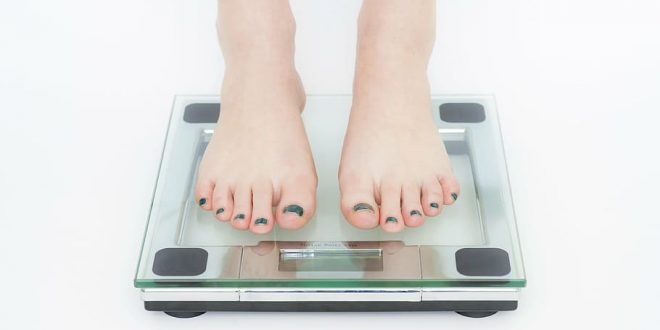Supplement companies, fitness gurus, and even friends can say some pretty outlandish things about weight loss. And, though, some of it might bring results, the majority of trends and supposed “quick fixes” are best left alone. These fads and claims primarily come about because they instill hope that an answer has arrived. Unfortunately, this is at the expense of the millions of women who are presently overweight and want to do something about it. That said, there are some evidence-based weight loss tips that can help, depending on your situation. Keep in mind, always consult your healthcare provider before engaging in a new therapy or eating plan for weight loss.
Ask about Weight Loss Surgery
Though weight loss surgery isn’t right for everyone, it can make a difference for those who qualify. The Bariatric Experts that perform these surgeries are responsible for selecting the right candidates based on their health status, current weight, and willingness to stick to the program before and after surgery. Patients are instructed in dietary protocols, general health and lifestyle changes, and mental health support if needed.
Some clinical studies report that the majority of patients lose excess weight quickly and continue on the journey for a significant period afterward. The hope is that they lose at least 50% of their weight in the first 6 months.
Drink More Water
When you drink enough water, your body can perform at a much higher level than if you’re dehydrated. This includes the important systems that promote weight loss such as digestion, endocrine functions, sugar and fat metabolism, and cardiovascular performance. It is especially helpful to drink water before meals since this helps you to feel fuller. Try to drink at least half your body weight in ounces every day, more if you are working out or doing a cleanse.
Eat a Healthful Breakfast
What do you currently have for breakfast? Perhaps it’s a nice fruit smoothie or a big bowl of cereal or granola. Maybe you just grab a quick cup of coffee and some toast. Of course, you could be one of the 31 million Americans who have nothing at all.

No matter which category you fall into, skipping or not eating a sufficient breakfast is not the best way to lose weight. No matter what dietary lifestyle you choose, it’s important to eat protein early in the day to give support and energy to body systems. It also promotes a faster metabolic rate. Do also try to avoid sugary and heavy carbohydrate meals for breakfast.
Drink Black Coffee or Tea
Though coffee and tea have gotten a bad rap from some health care experts, it has been shown to offer some health benefits. Among the most notable is an increase of brain function, up to an 11% increase in metabolism, and performance enhancement. These desirable results are thanks to the caffeine found in coffee and tea. Of course, if you’re trying to lose weight, drinking coffee and tea without additives like milk, cream, and sugar is best.
Green tea is a great alternative for those who don’t enjoy coffee but want something in their diet scientifically proven to help with weight loss. It’s not necessarily the caffeine in green tea that is the active ingredient this time (green tea doesn’t contain a lot of caffeine). In this case, it’s the catechins. Catechins are powerful antioxidants that work in a similar way to caffeine and boost metabolism.
Eat More Slowly
One of the problems people find when trying to lose weight is that they don’t register that they’re full until it’s too late – they’ve already overeaten. If you eat more slowly, you give your brain a chance to keep up with your body. In turn, it tells you when you’re full. Eating your meals quickly might be necessary in some cases when you’re tight on time, but don’t make a habit of it. Take time to relax and feel the sensations of eating. This ultimately helps you to feel more satisfied and happy with what you’ve eaten.
 Women's Life Link Be Well, Be Happy, Be YOU!
Women's Life Link Be Well, Be Happy, Be YOU!





